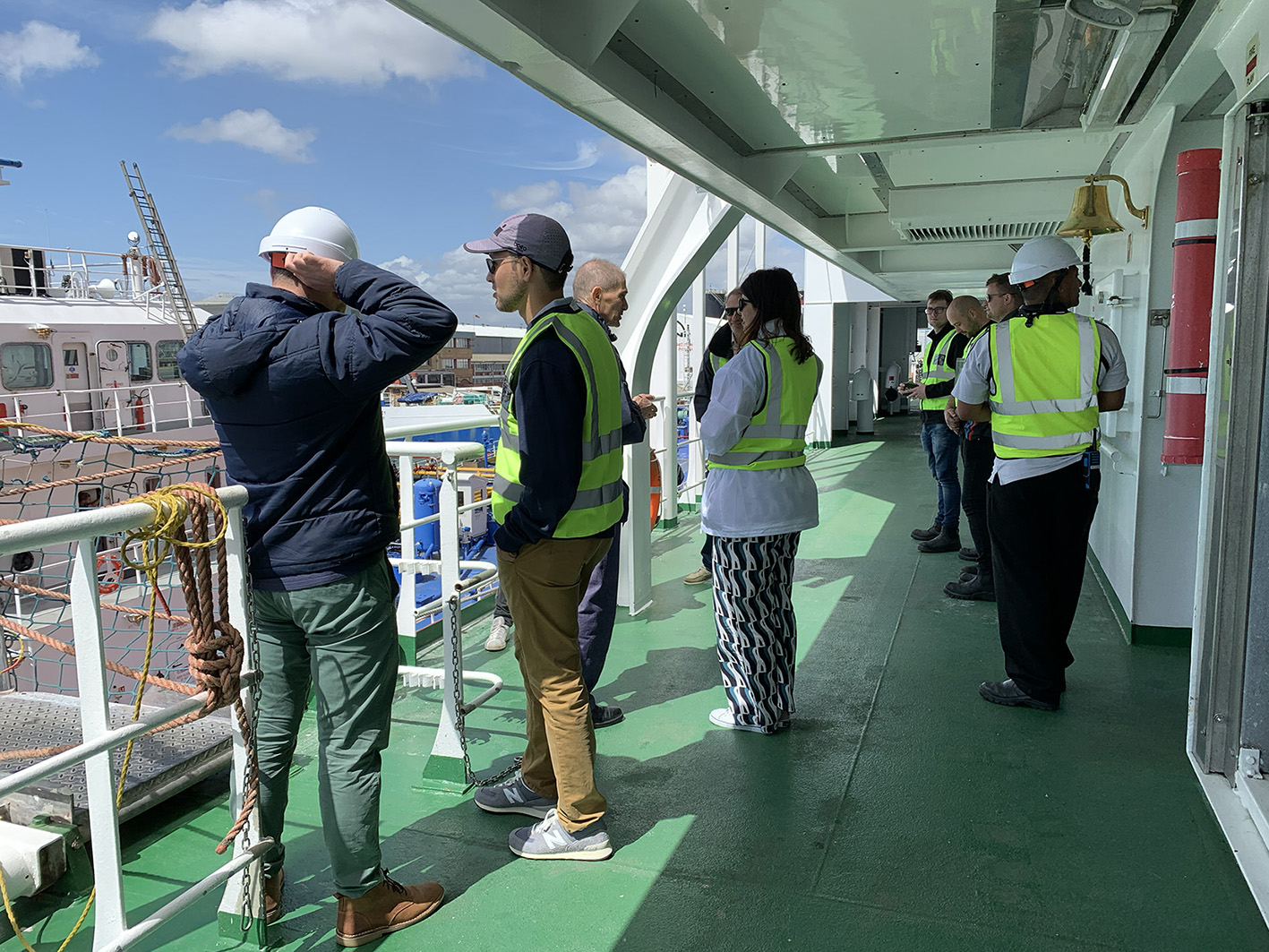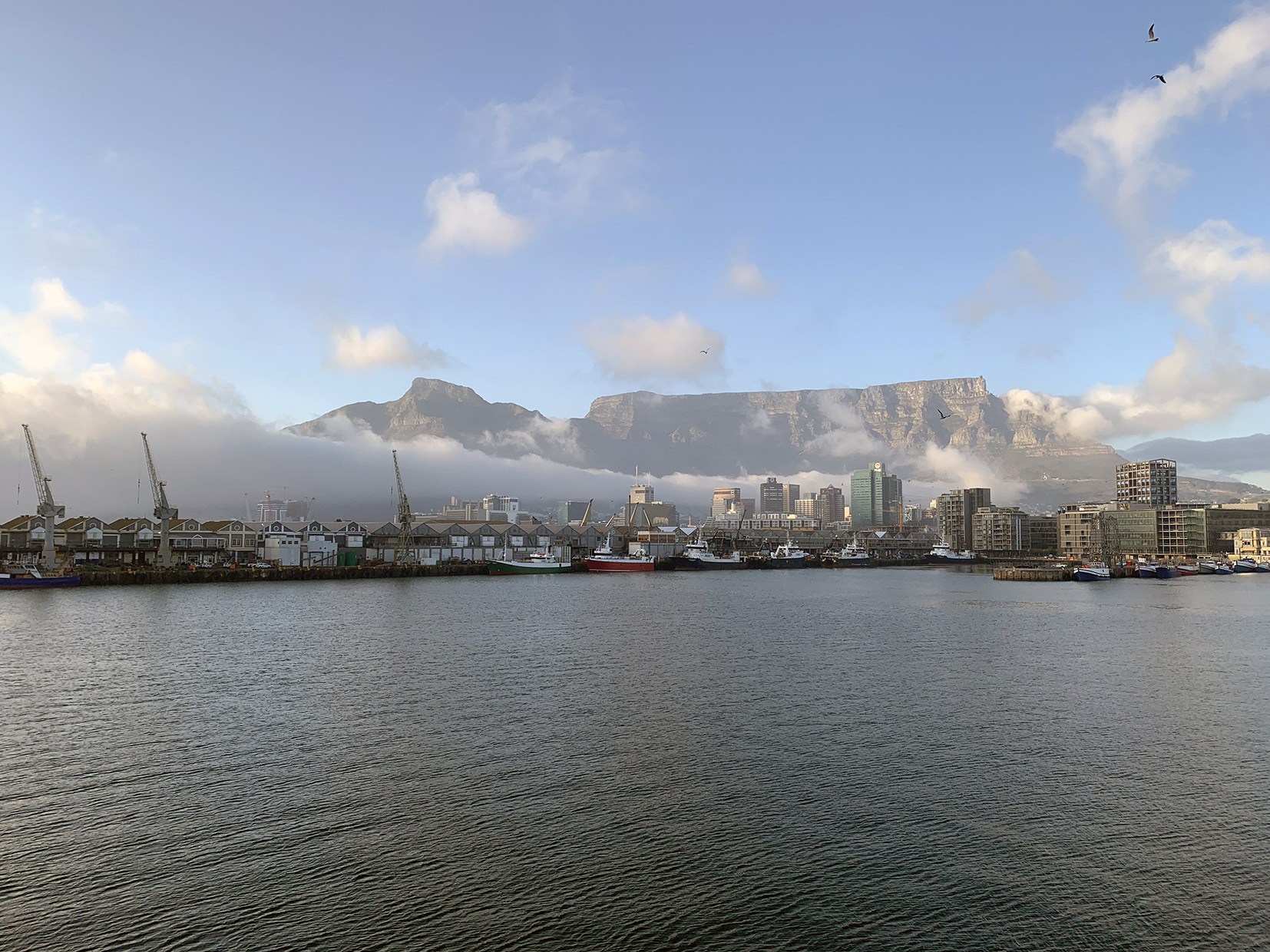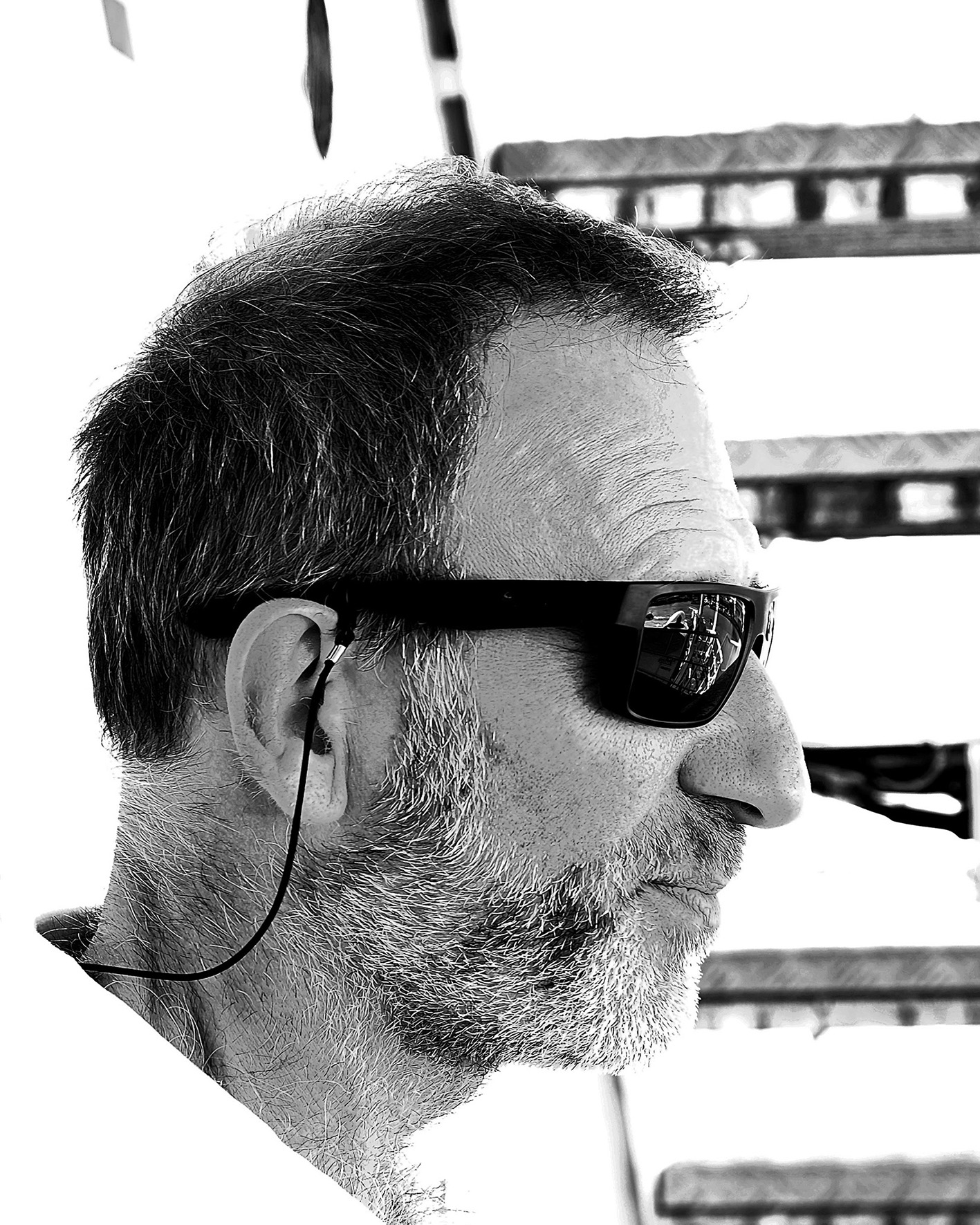In1st oceanographic class
Here we are.
After months of preparation, the Indian Ocean expedition takes shape.
The ship leaves the port of Cape Town, full of the promise of science, discoveries and encounters.
As a member of the committee advising Monaco Explorations on the Indian Ocean expedition, I was lucky enough to be on board the S.A. Agulhas II for its initial transit from the port of Cape Town to Mauritius.
It’s a great way to get in touch with the expedition, to share what will be its daily base for the next month and a half of observations, sampling, measurements and sample conditioning.
The study spectrum is quite broad, and the area to be studied is exceptional.
I reread the Baseline study, and the numbers and descriptions make my head spin: Aldabra, Saya y Malha, such little-known immensities, singularities in the ocean, an oceanographer’s dream and easy prey for irrational exploitation.
A challenge of knowledge and a challenge of governance, the two are linked.
The gamble taken by the Seychelles and Mauritius, who have requested and obtained joint jurisdiction over the Mascarene continental shelf, is a remarkable initiative that is equal to the challenge.
It deserves multiple contributions.
The expedition’s ambition is to make its own.
I’m just an observer on board.
To observe what?
The campaign hasn’t even started yet; the scientists and students will be embarking from Mauritius and Reunion.
Don’t be fooled, there’s already plenty to see.
The ship and its crew, even in the intimacy of the rescue briefing, the snooping on the technical deck and in the laboratories, the conviviality of the galley, the phlegm of the doctor.
And the leadership of the Master.
Final technical preparations at sea: satellite communication, ROV testing.
What can I say other than that this experience inspires me with a sense of seriousness and technicality.
There’s no doubt about it, this is a1st class oceanographic expedition.
The Monaco explorations team is on board, busily at work.
Every detail of daily life has to be worked out with the crew, including the material organization of embarkations and departures, protocol and visits to ports of call, and communications.
It’s the scientists’ environment that has to be perfected, as well as the expedition’s connection with the human societies concerned and the political authorities.


And then there’s Cape Town.
A destination fantasized by images of the tabular mountain and the obsession with the 3 capes of the great maritime adventures.
No disappointment, the mountain is there, the port is alive with sea lions and birds.
One surprise, however, is the international armada of fishing vessels: Norway, Japan, China, South Korea, Ukraine, Russia… In numbers and sizes that impress.
Once at sea, the welcome experience continues, with petrels and albatrosses permanently around the ship, a whale blowhole seen in the distance, the sea stirring and sparkling in a hunting scene.
A southern wink before tropical waters.

Olivier Laroussinie
As a member of the mission’s organizing committee, he is deputy director for maritime planning and major projects at the Risques-eau-mer technical department of Cerema, a public expert establishment under the supervision of the French Ministry of Ecological Transition and Territorial Cohesion.
